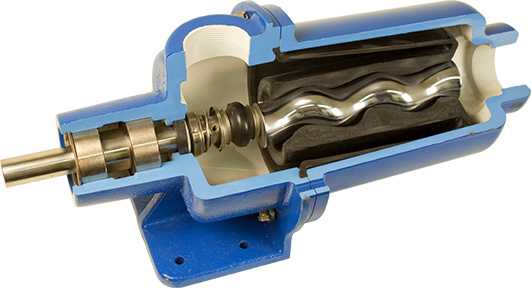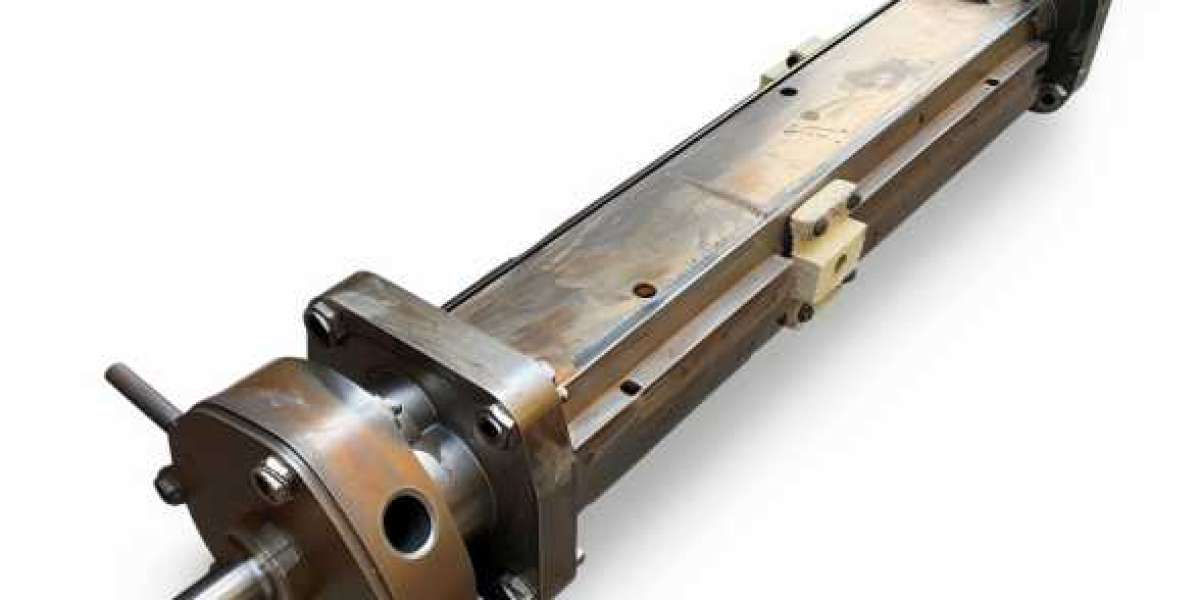Progressive cavity pumps are indispensable in wastewater management due to their ability to handle challenging fluids and materials with efficiency and reliability. From primary sludge transfer to chemical dosing and filter press feeding, these pumps play a crucial role in maintaining the operational efficiency of wastewater treatment plants and industrial facilities.
When choosing a progressive cavity pump sewage and wastewater applications, careful consideration of fluid characteristics, operational requirements, and maintenance needs is essential to ensure optimal performance and longevity. By leveraging the unique advantages of progressive cavity pumps, industries can effectively manage and process sewage while minimizing operational costs and environmental impact.
- Sewage Characteristics: Understanding typical properties of wastewater like viscosity, pH level, solids content etc. helps ensure the pump meets flow rate needs and can tolerate the fluid composition over time.
- Duty Cycle: Determining necessary flow rates and how the pump will be used - continuously or intermittently - aids pump selection. Progressive cavity pumps offer steady or pulsed flow depending on application needs.
- Installation Factors: Considering installation configuration, NPSH availability, suction lift requirements and other parameters relevant to the specific process helps optimize pump/motor sizing and performance.
- Safety Standards: Meeting regulations is indispensable, especially for pumps handling potentially hazardous fluids. Look for pumps approved for applications like wastewater, progressive cavity sewage pump and sludge handling per industry safety standards.
With diligent focus on these key factors during the specification process, wastewater professionals can feel confident a progressive cavity pump will provide reliable, cost-effective sewage transfer for the long run with minimal downtime. Proper selection pays off in smoother plant operations and protecting environmental well-being in the community.

Progressive Cavity Pump Sewage: Key Considerations
- For sewage and wastewater applications specifically, the term "progressive cavity pump sewage" encompasses the critical role these pumps play in effectively managing and transporting sewage:
- Handling Sewage: PCPs are designed to handle sewage efficiently, including high-viscosity sludges and solids-laden fluids commonly found in wastewater treatment plants.
- Reliability: Their robust construction and ability to handle varying fluid compositions make them reliable for continuous operation in demanding sewage environments.
- Maintenance: Regular maintenance is essential to ensure the longevity and optimal performance of PCPs in sewage applications. This includes monitoring wear on rotor and stator components, checking seals for leaks, and ensuring proper lubrication of bearings.
- Environmental Impact: PCPs contribute to environmental sustainability by efficiently transporting sewage for treatment, reducing energy consumption compared to alternative pump technologies.
 Meet Ups
Meet Ups
 Experiences
Experiences
 Learning Center
Learning Center
 Accommodation
Accommodation
 Roomie
Roomie
 Ride
Ride
 Spread the Word
Spread the Word
 Student Bazaar
Student Bazaar
 Jobs
Jobs
 Blogs
Blogs
 Su di noi StudentInsta
Su di noi StudentInsta

